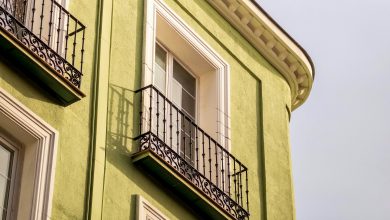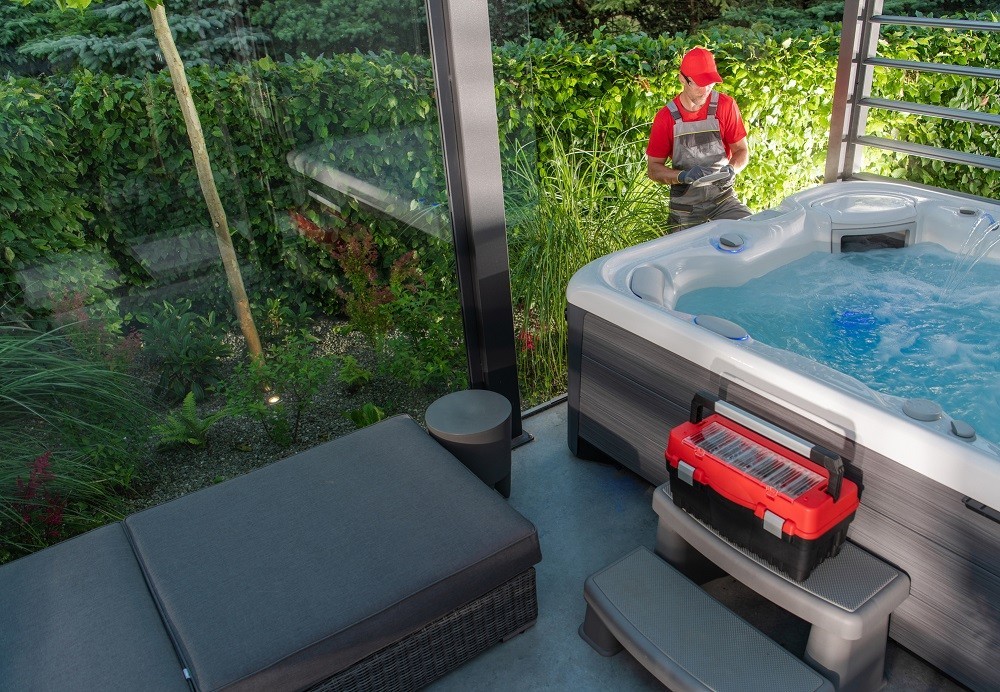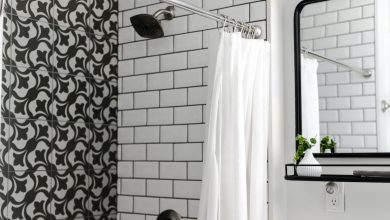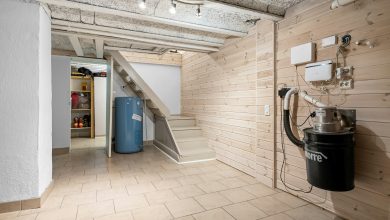How to Insulate Summer House in the UK
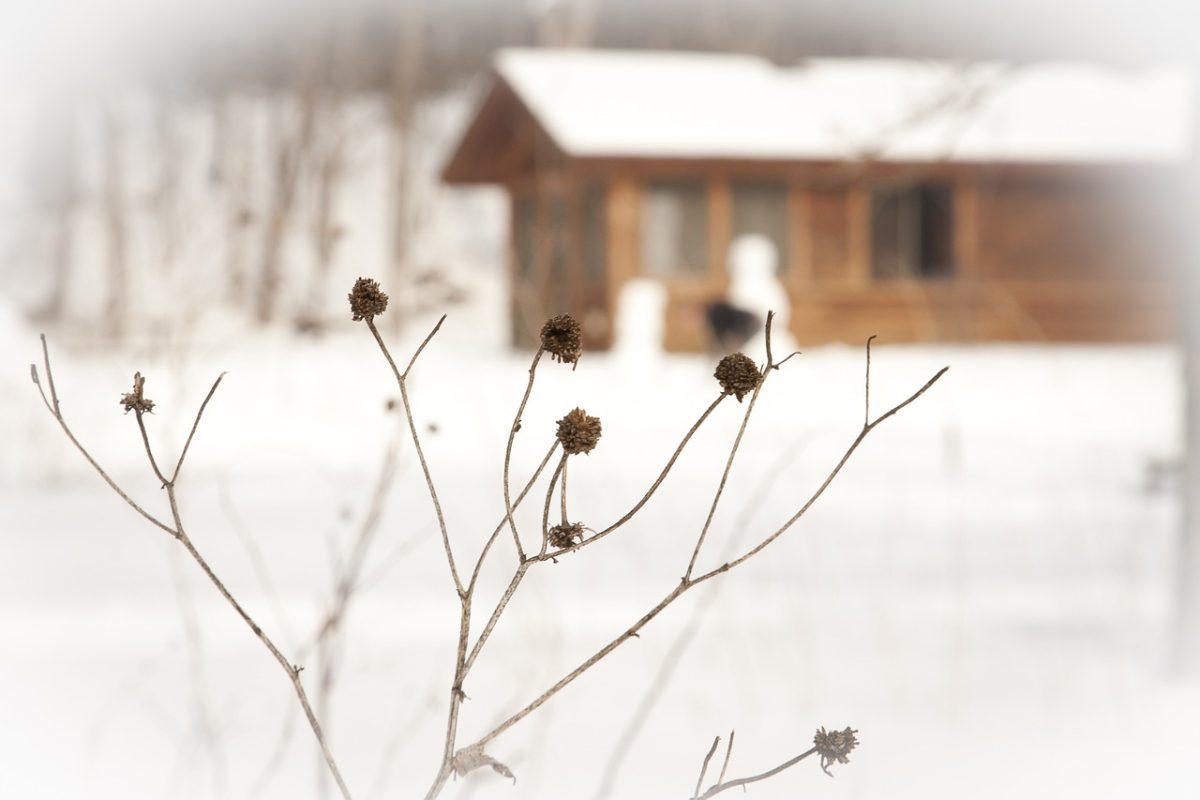
Each person who has such an object on the own plot wants to use it at any time of the year, but this is not so easy, because simple summer houses are usually not prepared for exploitation during winter and any other time of the year when temperature can be very low. It can be relatively cold in the UK in certain periods and without proper insulation any construction will become useless during severe weather. In order to avoid this it is vital to make property fully adapted to cold by using special materials that don’t allow heat to escape from inside.
In the case of a summerhouse there are at least three different options that will be helpful, but the main obstacle is related to the issue that such objects normally don’t have a powerful heating system, so the applied materials for insulation should be not only easy to apply, but also very effective.
The best solution
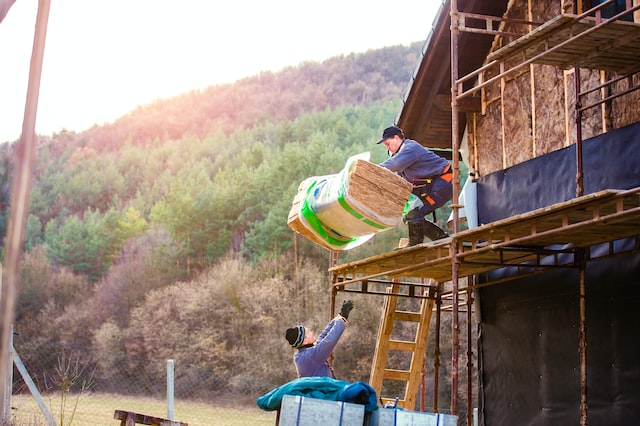
Depending on the type of material installation it can be cheaper or more rational from the point of view of space management. Actually there are two variants:
- internal;
- external.
If the internal option will be chosen then it is important to pay attention to the quality of the insulator as slim and still good types of panels and wool will cost more, but their dimensions will allow to save more free space. External application will be not so demanding, however the protection layer in form of wood, metal, and other types of siding is essential due to the necessity to hide all sensitive to the negative impact of the atmosphere elements. After the decision is made it’s time to understand that type of material to purchase.
Here are some available on the market synthetic and natural variants:
- spray foam;
- mineral wool;
- reflective foil;
- rigid panels.
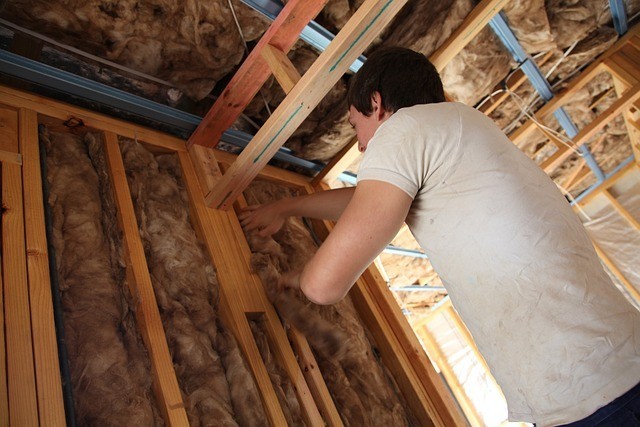
Above-mentioned items can be combined. For example wool and foil, panels and foil, and so on. It is important to remember to protect from the cold all parts of the constitution including floor, roof, and windows. Before the installation it will be rational to ask advice about the best thickness of the insulator from the specialists. From region to region optimal characteristics can vary. Usually, it is not less than 3 inches and layers should cover all holes in the construction. In order to create optimal insulation it is better to order special service.

